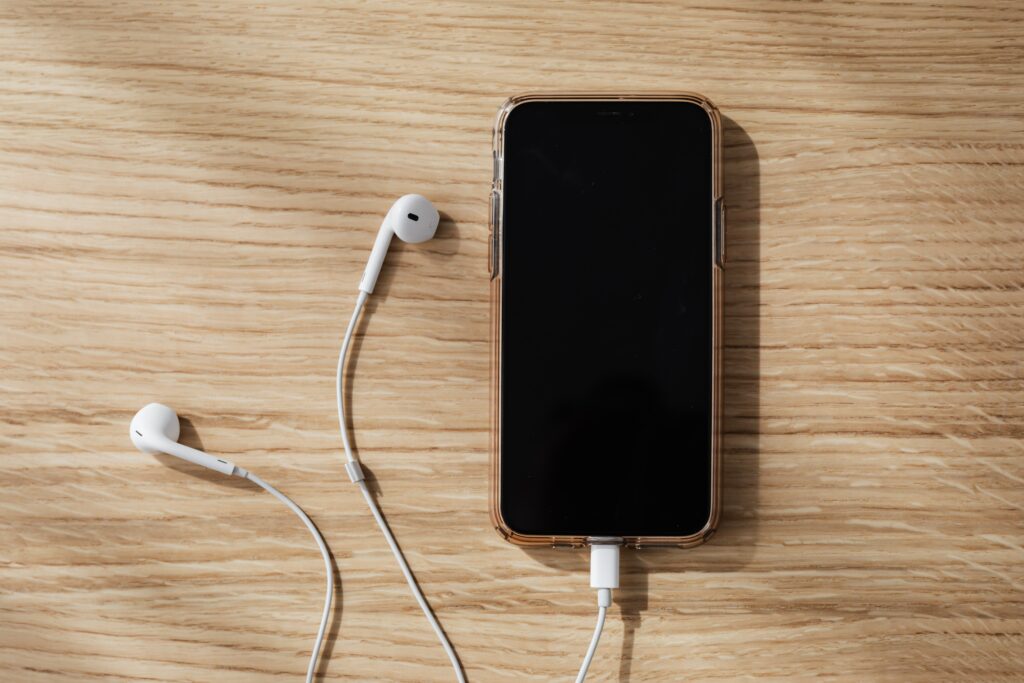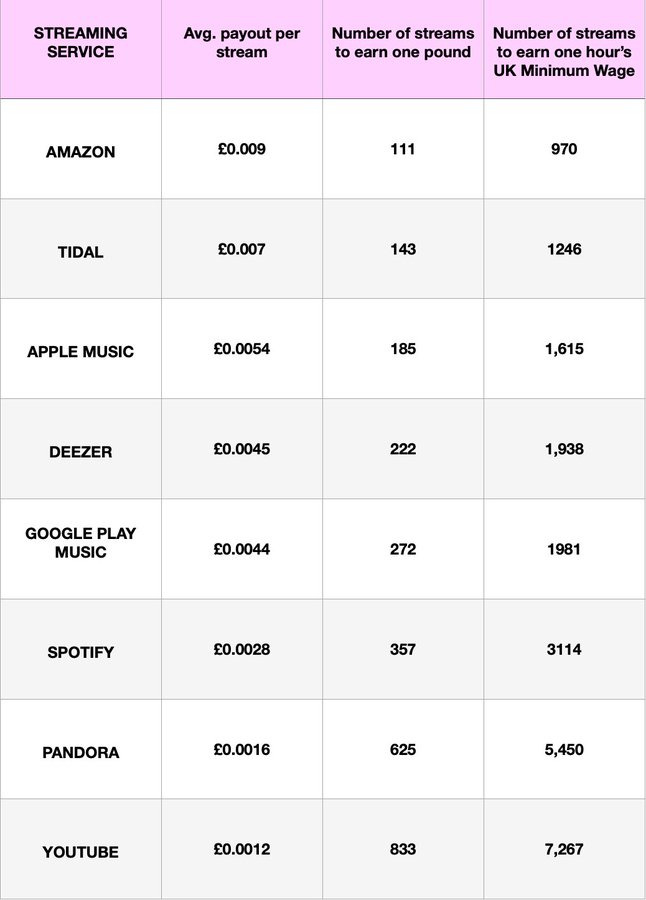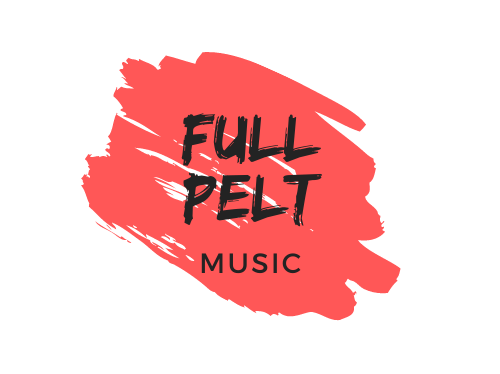
We look at why we need to fix our #BrokenRecord Industry to ensure fair payment of artists from music streaming platforms.
What makes a #BrokenRecord Industry?
The music industry has been changing greatly in recent years and that evolution has now been exasperated by the ongoing coronavirus pandemic. With the industry shaken to its core by the restrictions resulting from the virus, there is perhaps no better time than now to take action to secure a healthy and prosperous future for this vital industry.
Music is of course vital to so many; both those that work within the industry and the customers that rely on the industry. I recently wrote about the relationship between music and my mental health in my blog ‘Mental Health, Music and Me’, and it’s true that for many people this industry is essential to their happiness and positive mental health. It is therefore imperative that this industry is allowed to thrive.
The industry however is far from perfect and many existing issues have been highlighted further by the pandemic. I have always split the music industry in two. I have written about the struggles of the Live Music Industry in my blog ‘Why We Need To #SaveOurVenues’, so in this feature I’ll be focusing on the other side, the Record Industry.
The coronavirus pandemic has of course been a horrific and sobering time for everyone and every industry. The collapse of the live music industry due to various restrictions has had many disastrous consequences on the overall music industry.
I have also written however about the few positives that have arisen from this unprecedented situation. In a creative and innovative industry, many have turned to livestreaming to reach their audiences. I explored the positives and negatives of this evolution in my blog ‘Livestreams: Good or Bad for the Music Industry’.
Another positive to come from everybody having to stay at home, is that they have had more time to listen to music. The resurrection of Vinyl continued with sales growing for a 13th consecutive year and music streaming continuing to rise in popularity. It is the negative side of this positive however that has given rise to the #BrokenRecord movement and that is what we will explore in this article.
Follow us on Facebook!
The way that we consume music has changed drastically over the past decade or so. The beginnings of the digital age saw the rise of illegal file-sharing where fans found they were able to swap and share digital versions of the music that they loved.
The problem with this activity was that it completely eliminated the artist from the process of music consumption by the end user, and of course the price point of zero meant that artists saw no profit from this medium.
The knock-on effect of this was the drastic decline in the purchase of physical media such as CD’s. Of course the sales of Vinyl had already almost completely diminished, and the less said about Mini-Disks the better!
In order to combat illegal free downloading of music, the industry reluctantly brought into the concept of legal paid downloads; iTunes being the go to name at the beginning. Over the pursuant years we would see many contenders emerge for both downloading music and a new concept – streaming music.
Interestingly we would also see a kick back against digital music with the resurrection and continued resurgence of Vinyl!
A global leader in the streaming of music is Spotify. This is a company that initially felt like a swear word, their platform felt too good to be true and many will have questioned the legality of it, because if something feels too good to be true, usually it is!
Fast forward to now and Spotify is accepted into homes across the world and is for millions of the people the platform of choice for music consumption.
The benefits of streaming are numerous for both fans and artists. Having entire libraries of music at the touch of a button helps fans find new acts and helps artists reach new audiences. There is however one major downside that needs to be addressed.
So, with the ongoing pandemic allowing more people more time to listen to their favourite artist, or perhaps find their new favourite artist, let’s ask a few questions regarding music streaming. Picture this – you are sat working from home and have been listening to your favourite new album on repeat, how much money do you think that said artist has just earned?
#BrokenRecord campaign founder Tom Gray shared the below table showing the rates of pay by the various streaming platforms.

So, if that album you listened to has 10 tracks and you listen to it 5 times today on Spotify. Your consumption will pay 14p. Now consider that if you brought that album on CD you’d probably have spent roughly £8.
My next question is where do you think this money goes? How much would you expect the artist who wrote, performed and recorded the music to receive? Let’s explore the issues that exist when paying streaming royalties.
Physical Terms in a Digital World
Let’s consider that the artist in question is signed to a large record company. Their standard deal which they signed will likely be a Recoupment Deal. With this deal the artist will effectively have to repay all costs and expenses associated with the making of the album. Realistically this means they cannot earn royalties until they have repaid the overall cost of the album, until then all profits go to the record company.
Remember that this debt is repaid only from the artist’s percentage of the royalty. It can therefore take years for a relatively successful artist to see any earnings from their own music. You may ask why would artists sign such deals, but ask yourself how many artists have a degree in economics? Consider that even if they have three deals in front of them to choose from, they will likely all include this clause, and the alternative is no deal and likely no album.
Now consider that 14p that the band just earned from your days binge listening. It may take years before the actual artist starts earning that 14p once all recoupment is complete; and when they do there are other issues!
The biggest issue being that the record company owns the rights to the music and therefore the band will only get on average 20% of that 14p. So 2.8p. This band happens to be a standard four-piece band and therefore that 2.8p needs to be split between the singer, guitarist, bassist and drummer. Oh and the producer.
Not to mention other possible deductions. It may shock you to know that under the terms of many contracts artists still have to pay a 10% deduction for breakages! That’s literal physically broken albums… even when digital!
Follow us on Twitter!
#BrokenRecord
Clearly these old contracts don’t fit with the digital age and it’s always going to be the artist that loses out. That is why Tom Gray founded the #Broken Record campaign to challenge these inequalities. It should be said that nobody is arguing that Mick Jagger needs another house or Paul McCartney another car.
This campaign is designed to fight for justice and equality for the acts of the future. Hopefully you have been surprised at how little your favourite artist earns from you listening to their music on streaming platforms. You’d probably be shocked to find out that many musicians that you follow are likely living very close to the breadline. Many artists you picture living lavish lifestyles are actually struggling to pay their rent this month.
This situation has only been intensified by the coronavirus pandemic.
Reliance on Live Music
Many artists these days rely heavily on the live side of the music industry. Playing gigs, tours and festivals is how most acts will now earn the majority of their money. This is a complete 180 switch from yesteryear. Before the digital revolution of the record industry, artists toured to raise awareness of their new albums. Nowadays artists release albums to raise awareness of their tours!
Then 2020 hit and removed that income stream, leaving many artists to survive solely on income from physical and digital sales. But whilst the vinyl renaissance may help a little, the fact is CD sales continue to fall off a cliff edge and many artists are left to survive on streaming alone. Therein lies the huge problem facing the music industry right now – how, when and perhaps if it will recover.
Even if we ignore the unfairness in the discussion around streaming revenue, what we have right now are artists and crew that can’t afford to live, to pay rent or perhaps buy food. Again I don’t envisage Elton John looking down the back of the sofa for spare change, we are talking about the emerging talent of the future, the acts of years gone by who have seen dwindling success and importantly those considering starting their careers. These are the individuals having to change course, take jobs in other sectors to pay the rent and support their families. These are the individuals that may never return to the music industry!
Even when the pandemic finally goes away and life can resume, we have the looming shadow of Brexit. Whilst that is another blog topic altogether, bands are going to struggle to afford to tour beyond the UK due to new restrictions and costs.
So, for the music industry we love and rely on to emerge from this pandemic intact we need to take action.
What needs to be done?
In reality there isn’t a lot the average music fan can do. We need action from the industry and likely that will need intervention from Government. Fans can of course support their favourite artists, buying music, merchandise and tickets. Fans can also sign relevant petitions and highlight the issue by supporting the #BrokenRecord campaign.
The changes being requested by artists aren’t necessarily ground breaking. What they are asking for in basic terms is just equal pay for equal work. To be treated with respect, decency and fairness; for their efforts and their art to be valued reasonably.
That shouldn’t be hard for fans to accept. Imagine a shop worker only being given 20% of their days wage, with their manager, supervisor and company all taking the rest. Imagine they are then further deducted the costs of their uniform and the equipment they use. That wouldn’t be fair would it?
Follow us on Instagram!
Possible Solutions
As already mentioned, a high level thorough review and restructure of artist’s payments from streaming is required. Options that may provide possible solutions include the likes of Equitable Remuneration (ER for short!) and User-Centric Models.
Part of this discussion will form around the question of how streaming of music should be classified. Is the music purchased, rented, or is it equitable to radio airplay? Artists currently are paid via ER for radio airplay and this method is split 50/50 and therefore can be fairly summarised as equal pay for equal work.
One of the most common ways to consume music from the likes of Spotify is to use Playlists such as our own ‘Hot List’. Spotify even label these as radio such as their Artist Radio functions. So would it be reasonable to class streams in the same category as radio airplay?
As we come to a close, I want you to once again go back to our earlier analogy. Having binged that new album whilst working from home, how would you like your money to be distributed. If this month that artist was the only artist you listened to, and you pay for your Spotify, who do you think your subscription money should go to?
At present it would be added to the overall pot and divided between all artists on the platform. Would you think it would be fairer if all your subscription money was divided just between the artists that you personally listened to this month, in our case just that one band? This would be the case if streaming platforms moved to a User-Centric Model.
There are many questions here and I won’t pretend to have all the answers. What is clear is that something needs to change and that change has never been more necessary. With the combined wreckage of the pandemic and Brexit upon us, artists can’t rely solely on the Live side of the music industry. The Record Industry must act now.
The light has been shone on this issue and all stakeholders must step up and take action to fix our #BrokenRecord Industry!
Be sure to help spread the word and raise awareness of the #BrokenRecord campaign. You can share this article by clicking the icons below!
The #BrokenRecord campaign is the creation of Tom Gray, be sure to follow Tom on Twitter for the latest updates on the campaign! When discussing the subject remember to use the hashtag #BrokenRecord.
